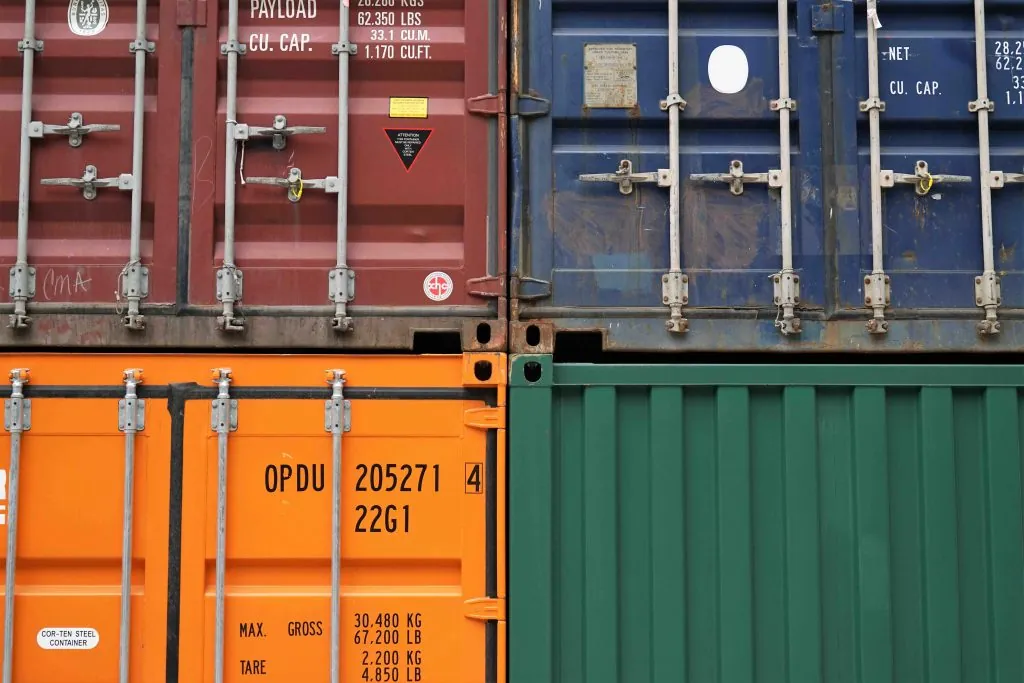
The Limitation of Liability Act, or the LLA, is a necessary tool for United States maritime commerce to continue at full strength. The LLA allows a defendant to file a limitation lawsuit, wherein a defendant to a property damage action can motion the court to limit what damage he or she may be liable to the plaintiff. This will be further explained.
Limiting Liability
Concerned that shippers would be reluctant to send out a ship lest the shipper damage property and be unable pay for it, Congress passed the Limitation of Liability Act or LLA in 1851. Under the LLA, if a shipper damaged a person, cargo, or another ship, the shipper can limit its liability to the value of its ship. Under the LLA, if a ship is worth $50,000 and causes several million dollars of damage to a large ship hauling cargo, the plaintiff cargo ship is capped at recovering damages at $50,000.
The idea of the LLA is that if shippers were to be liable for several million in the example above, commercial maritime activity would be hampered because shippers would be reluctant to send out ships. Note that the LLA was enacted well before the advent of maritime insurance.
Drawing a parallel, if a car valued at $5,000 negligently crashes into a truck carrying $500,000 worth of merchandise, the truck owner would sue the car’s insurer, reasoning that the driver of the car does not have the financial weight to repay the trucking company for the lost merchandise. In turn, the insurance company would charge the driver of the car additional amounts in the premium payment.
Application
The law applies the LLA to “seagoing vessels, and also to all vessels used on lakes or rivers or in inland navigation, including canal boats, barges, and lighters.” This covers most ships. In addition, the United States Supreme Court in the case Stewart v. Dutra Construction enlarged LLA coverage to house boats, jet skis, and similar “pleasure” boats.
Courts have emphasized the “navigation” language in the statute that limits the LLA to where damage occurred on navigable waters. 33 CFR 329 defines “navigable waters” as “Navigable waters of the United States are those waters that are subject to the ebb and flow of the tide and/or are presently used, or have been used in the past, or may be susceptible for use to transport interstate or foreign commerce. A determination of navigability, once made, applies laterally over the entire surface of the waterbody, and is not extinguished by later actions or events which impede or destroy navigable capacity.”
Therefore, where damage occurs on water not deemed navigable, which often includes fast moving waterways, the tortfeasor would not have an LLA liability limitation.
If you have been injured in a maritime accident, the defendant may motion for LLA coverage to limit its liability. In that case, it is imperative to have a lawyer who understands the nuances of where LLA coverage is applicable. Contact the Kolodny Law Firm, an experienced personal injury maritime law firm.

